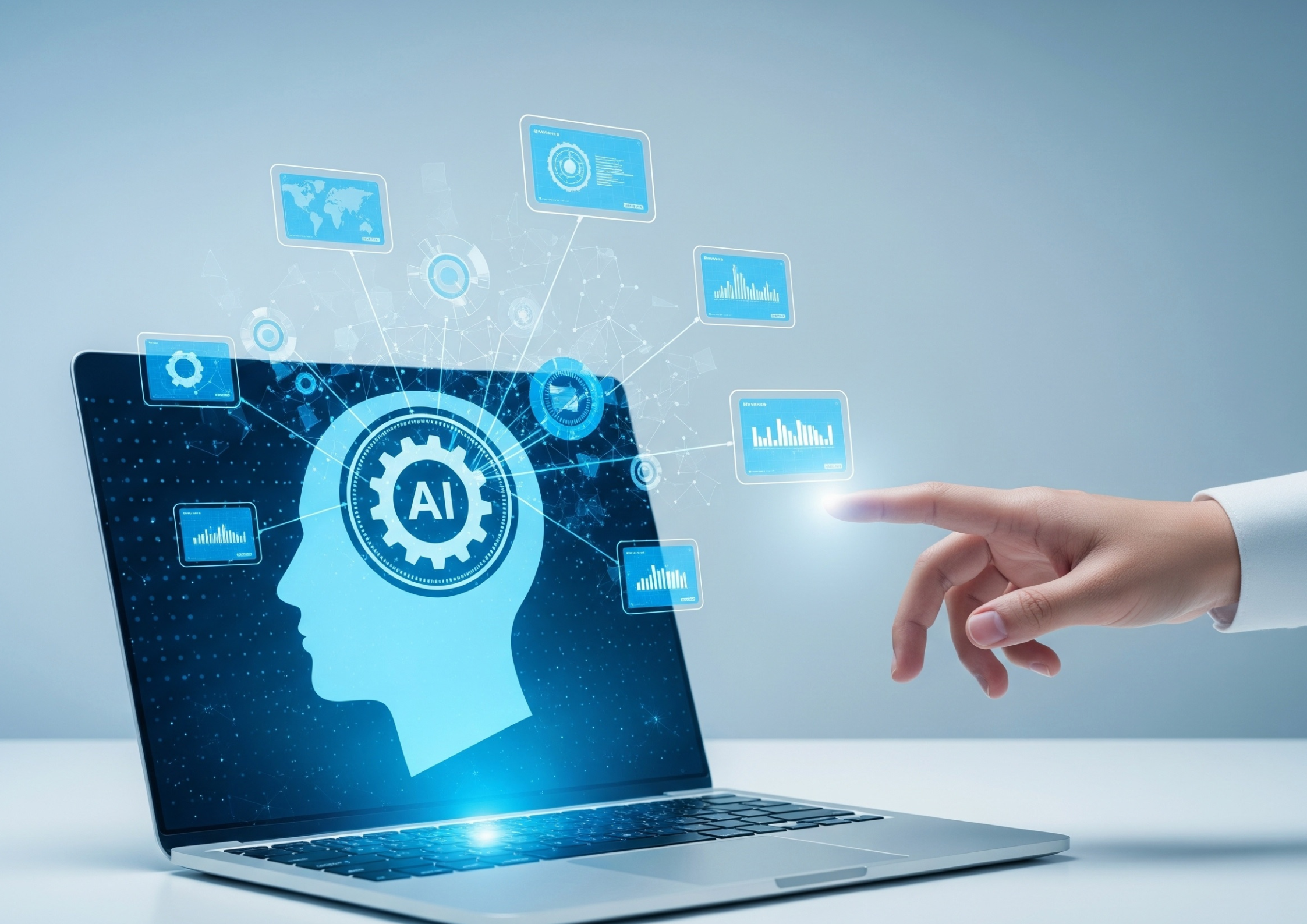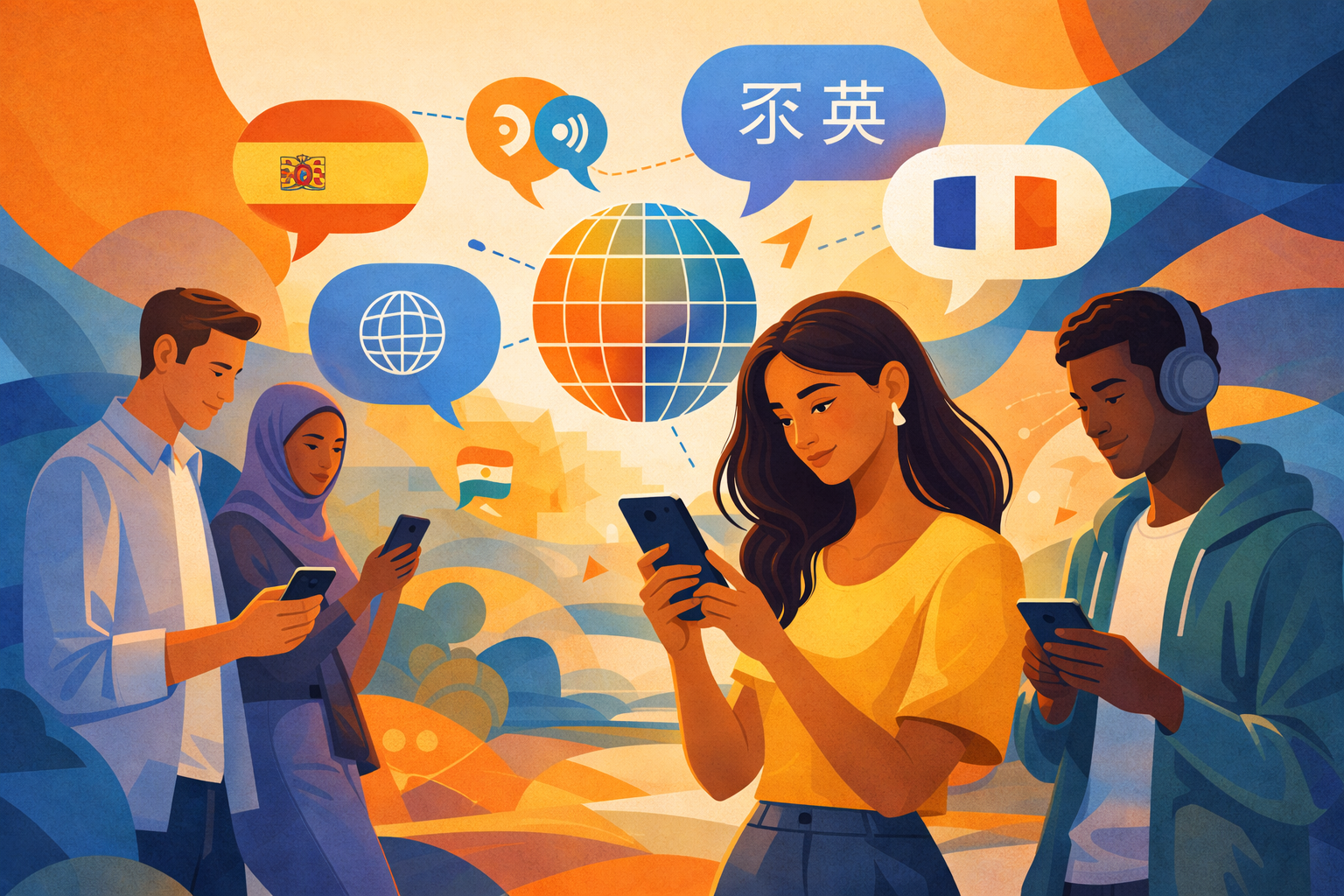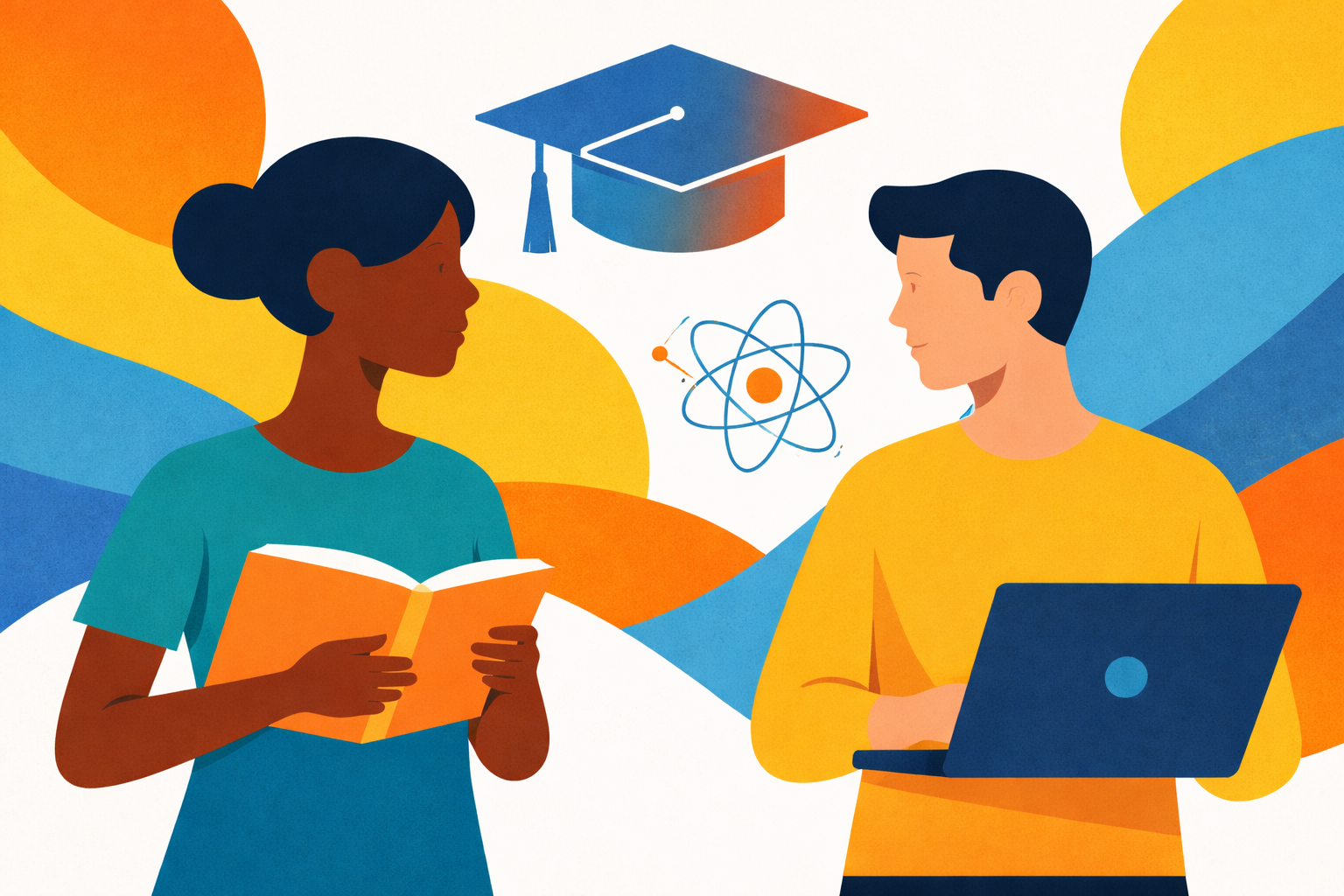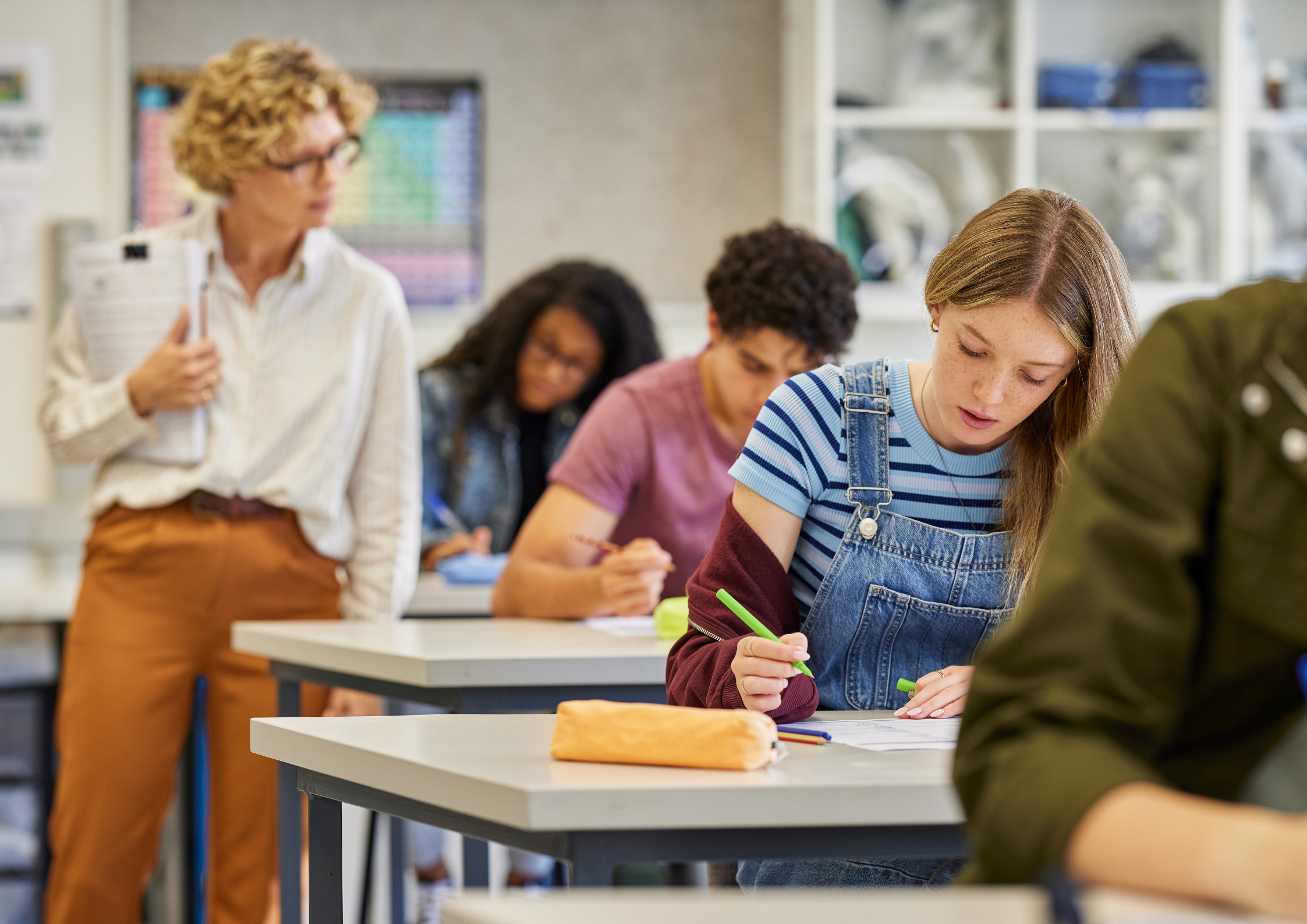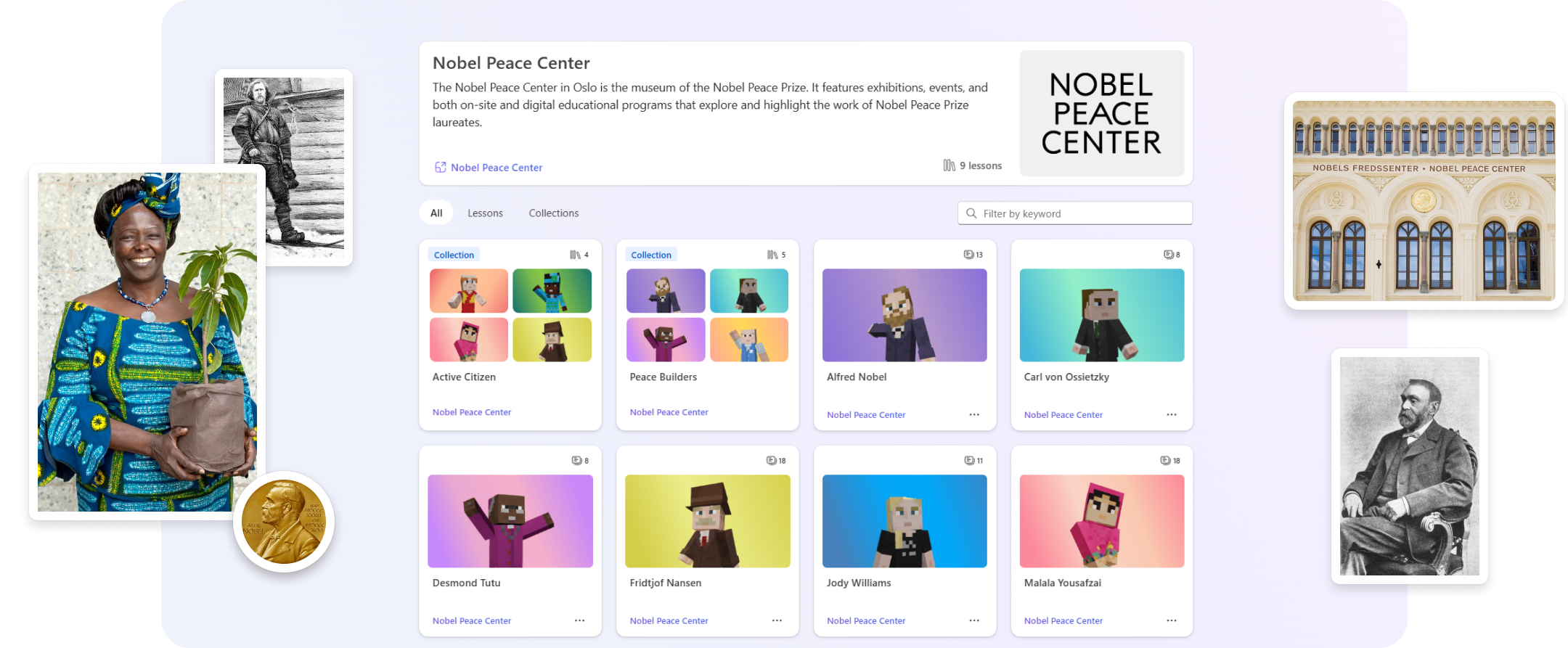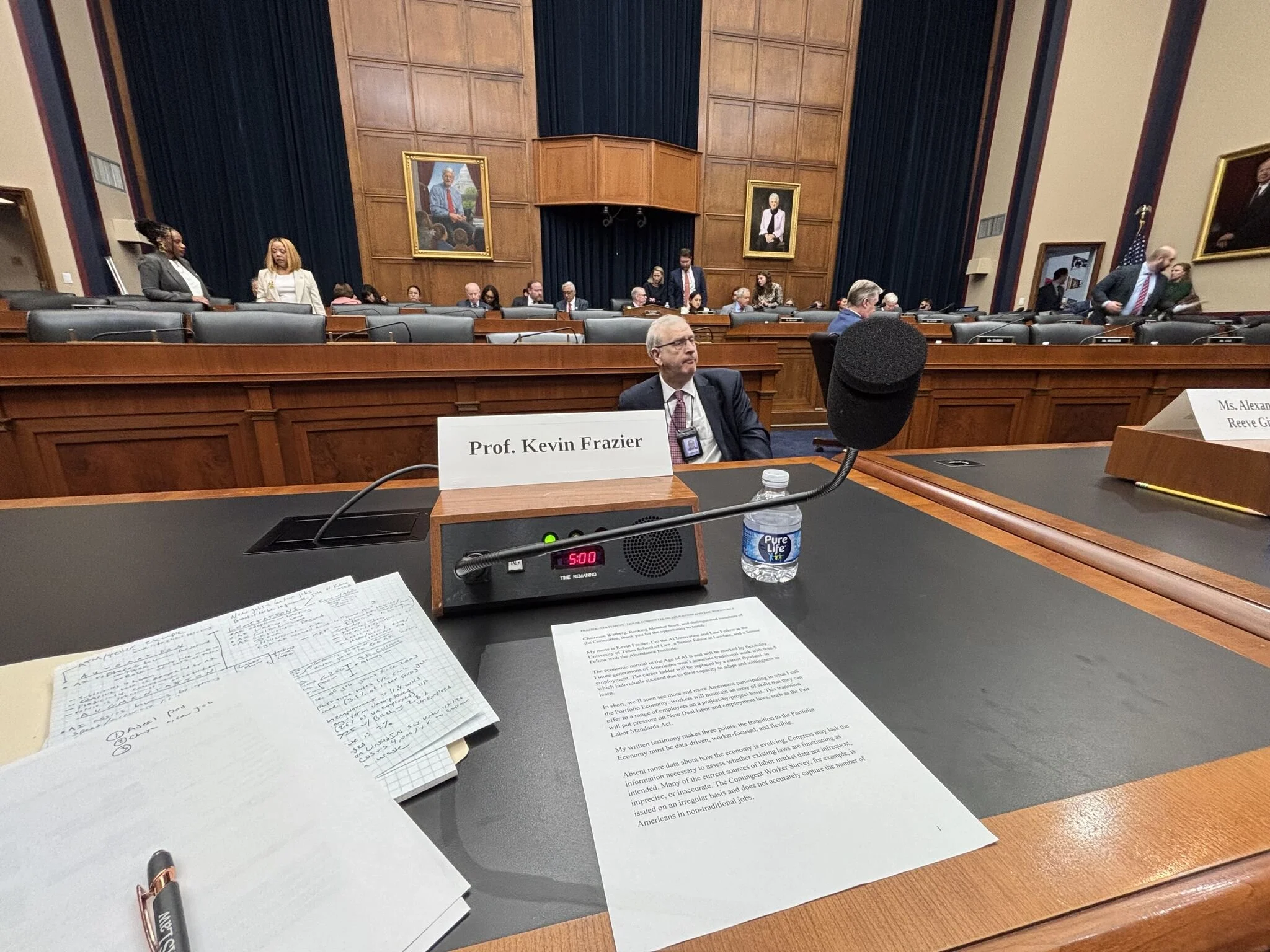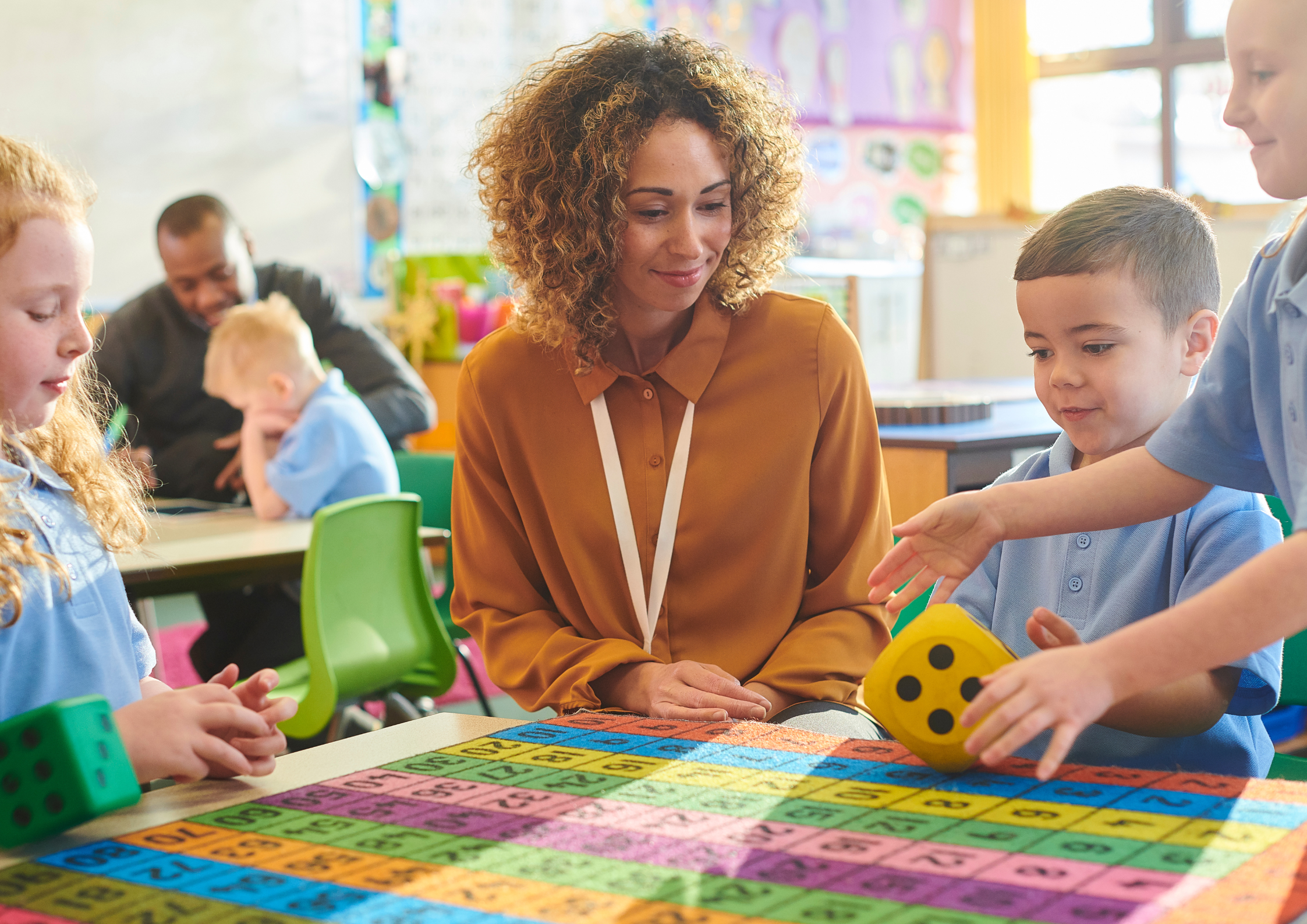Polygence unveils TeachLM to boost AI tutoring with authentic learning data
Polygence’s new study introduces TeachLM, a large language model fine-tuned on 100,000 hours of real student–tutor interactions to improve AI’s teaching capabilities.

Polygence co-founder and CEO Janos Perczel took to social media to share findings from TeachLM, a collaborative research project with Stanford University professor Dorottya Demszky and Jin Chow. Polygence, based in the San Francisco Bay Area, develops one-on-one project-based learning programs pairing students with PhD-level mentors.
Perczel said the team fine-tuned large language models using more than 100,000 hours of anonymized student–tutor conversations. “Fine-tuning led to a promising shift in AI’s pedagogical behavior,” he wrote. “Student talk time doubled, questioning patterns became more natural, conversational depth increased by 50%, and the model adopted a more adaptive, human-like instructional style.”
The accompanying TeachLM report details limits of prompt engineering for education and outlines how post-training with authentic data can help AI mirror human tutoring. It benchmarks off-the-shelf models from OpenAI, Google, and Anthropic against human tutors, finding consistent gaps in dialogue length, questioning style, and contextual understanding.
“Generative artificial intelligence detectors cannot be tested in real-world conditions where the true origin of a text is unknown,” the paper notes, contrasting static prompt rules with dynamic student–teacher exchanges. Polygence researchers used parameter-efficient fine-tuning to create both tutor and student models capable of multi-turn educational dialogue.
Privacy, performance, and next steps
According to the study, all tutoring sessions were processed under Polygence’s consent framework and anonymized to protect privacy. Fine-tuned models showed measurable gains across conversational benchmarks, shorter tutor responses, longer student talk time, and improved context-setting before explanations.
The paper concludes that authentic data is key to making AI tutors more adaptive and trustworthy, noting that future work will explore reinforcement learning from human feedback. Perczel added, “AI will never replace great mentors or tutors—it must learn from them. This research offers a roadmap for doing so through authentic learning data.”





